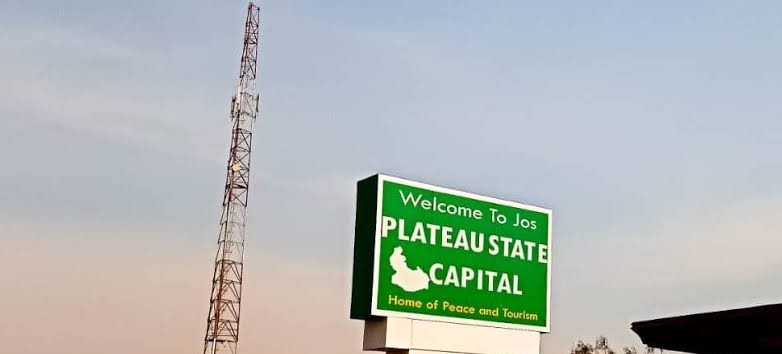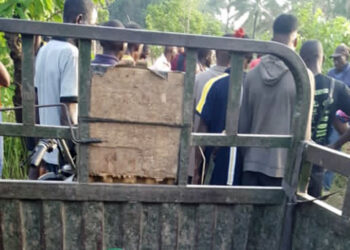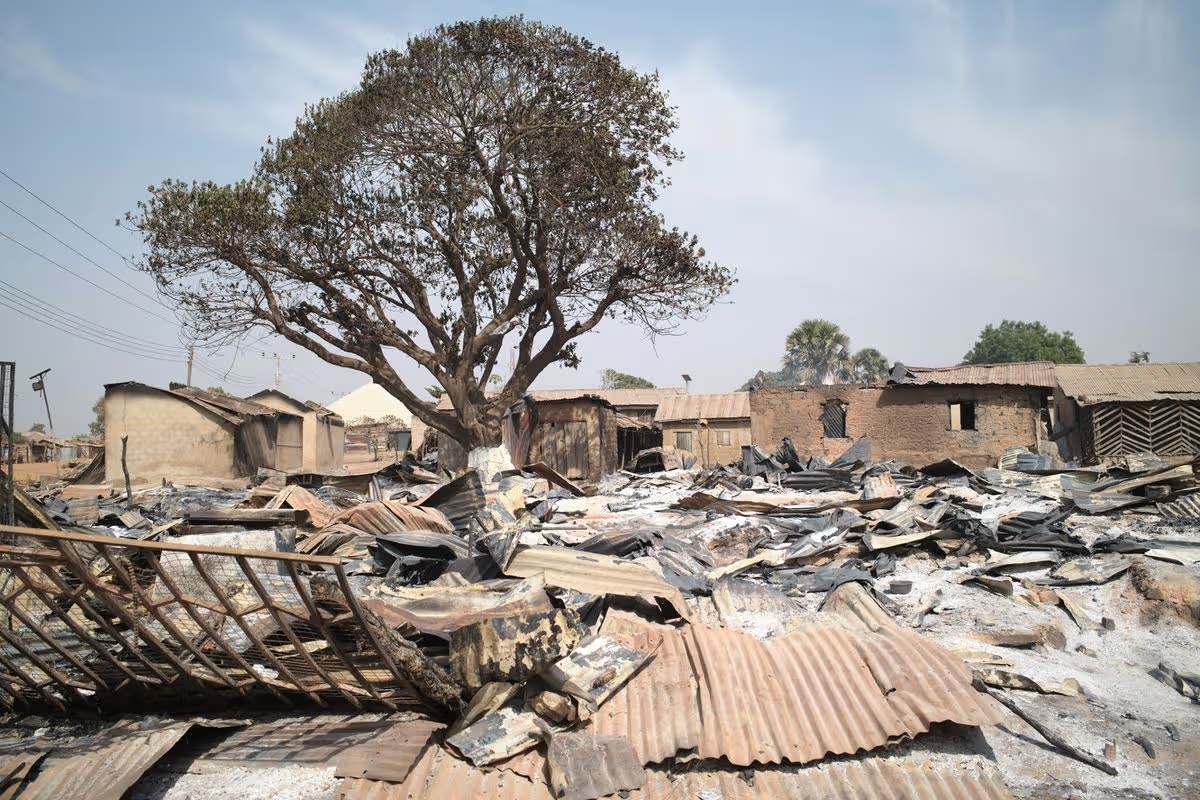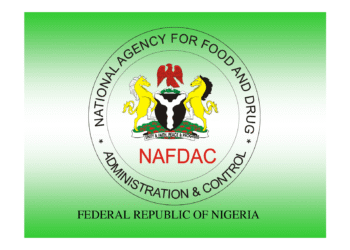At least 20 people have lost their lives in a fresh wave of violence in Plateau State’s Mangu Local Government Area. The attacks, which occurred between Monday and Tuesday, were confirmed by local authorities and humanitarian agencies on Wednesday. This marks another deadly chapter in the region’s long-standing conflict between herders and farmers.
Tensions escalated earlier this week after reports emerged of an initial altercation involving miners. Emmanuel Bala, Chairman of the Mangu Local Government Council, explained that the first incident involved an attack on local miners. Though no fatalities were reported at that time, the event sparked a dangerous cycle of reprisals.
The first deadly incident took place on Monday evening in Gyenbwas village, just outside Langai town. Five people were killed in the assault. Suspected attackers burned down 96 houses and looted properties. According to a local traditional ruler, the assailants came from the Berom ethnic group, which is mostly made up of Christian farmers.
“They also looted goods worth millions of naira,” said Alhaji Yakubu Umar, a Fulani community leader.
On Tuesday night, violence spread to Chinchin village, where suspected Fulani assailants reportedly killed eight residents. Emmanuel Bala confirmed this latest attack and expressed concern over the growing wave of reprisal killings. He added that the true death toll from both days might be higher.
A Red Cross official working in the area also confirmed the Chinchin deaths and said the total number of casualties could reach 21 within just 24 hours.
The Mangu council boss added that both Fulani communities and farming groups have suffered losses in the ongoing conflict. “After the first attack, there were counter-attacks from all sides,” he said.
Land Tensions and Weak Policing Worsen Crisis
Plateau State, located in Nigeria’s north-central zone, has become a hotspot for violent clashes over land and natural resources. Fulani herders, who are mostly Muslim, often clash with Christian farming communities over access to land, water, and grazing routes.
Experts say climate change, land scarcity, and population growth have increased competition for resources. These pressures have worsened relations between nomadic herders and settled farmers.
Over the years, political tensions, religious divisions, and poor policing have further fueled the crisis. Communities often resort to self-defence, leading to cycles of violence and revenge. In April, similar attacks across Plateau and neighbouring Benue State left more than 150 people dead.
Despite frequent media reports that blame Fulani herders, their leaders say they too are victims. Fulani communities have reported killings, forced displacements, cattle theft, and poisoning of grazing fields. Many claim that the government has failed to protect their rights or punish perpetrators.
The latest attacks underline the urgent need for stronger security, fair land policies, and community dialogue. Without intervention, locals fear that the violence could escalate even further in the coming weeks.











